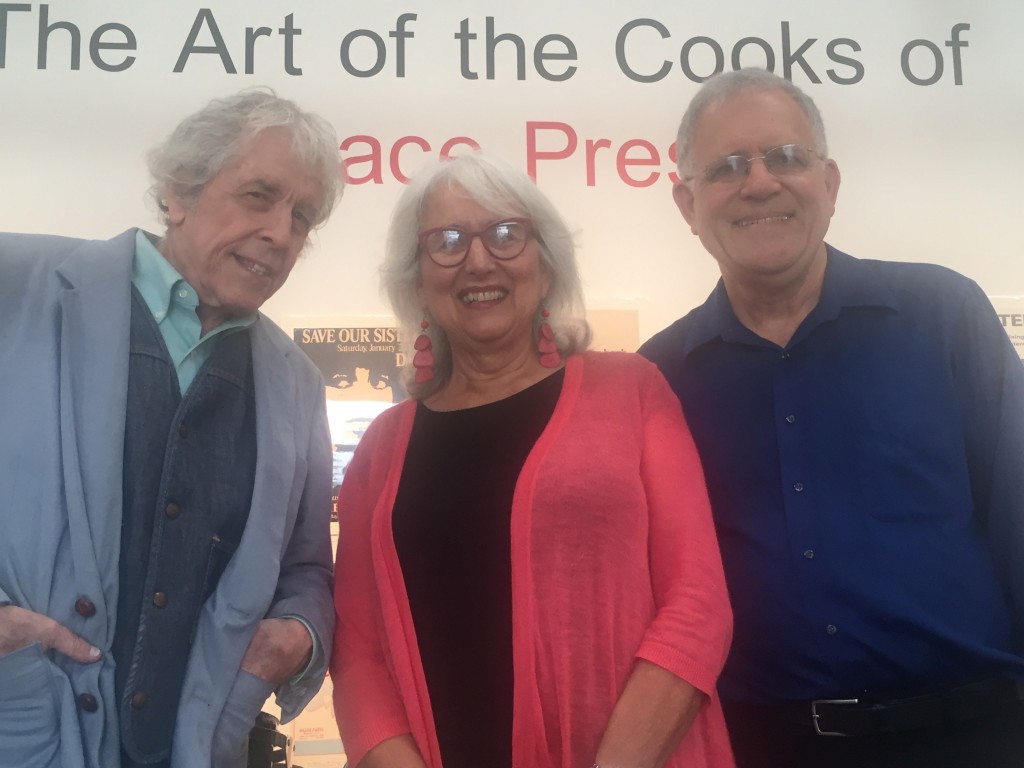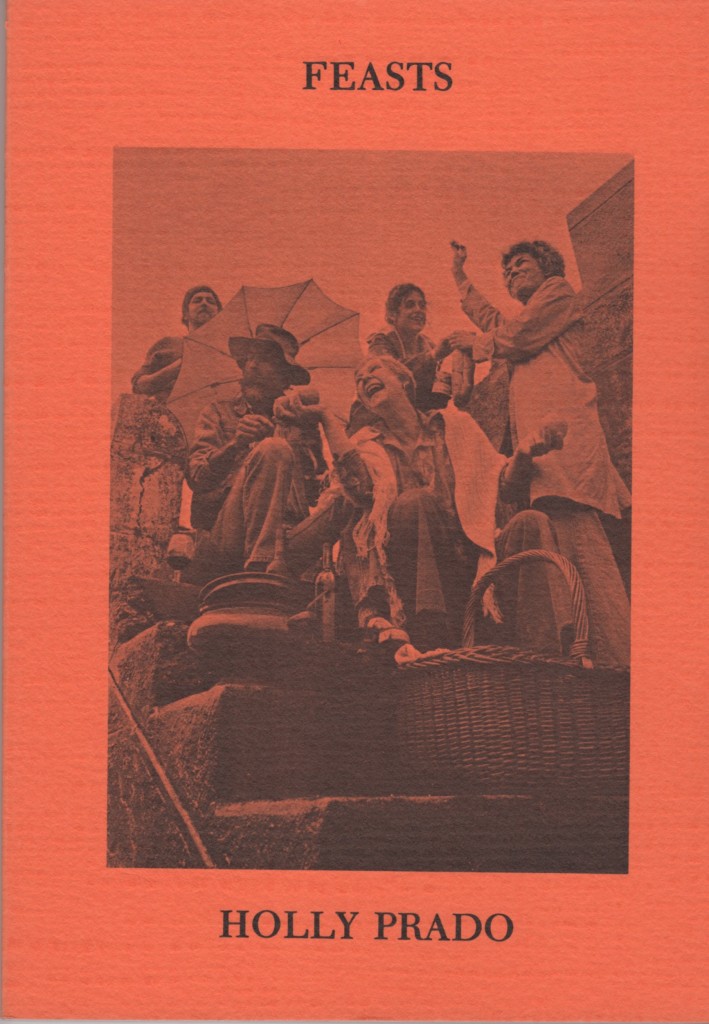Monday, May 17, 2021
“W – E Reading Series and Cahuenga Press
I still have some grading to do, but final examinations last week more or less wrapped up the spring semester in terms of teaching students. Other matters remain on the table, though, since the administrators and faculty at CSULB don’t seem to be sharing on a simultaneous basis all the pertinent information about workload for faculty who are teaching in what is call “FERP” (Faculty Early Retirement Program). The outcome is that I’ve spent at least 40 hours the past couple weeks trying to get the information that should have been on the table from the very start.
The weekend involved a round-trip drive from Long Beach to Ramona on Saturday and Sunday, getting back to Long Beach on Sunday afternoon in time to give an introduction to Beth Ruscio on the zoom poetry series I have been working on as a co-host for its first several presentations. Lynn McGee was the one who came up with the concept for this series: to present poets from both sides of the continent. It’s been a pleasure to work with Lynn and Susana H. Case on this series, and I am turning over my slot to another poet. Originally, I was the only West Coast poet on the curatorial committee, but now there will be two poets on the West Coast (Carolyne Wright and Sandy Yannone) along with the founding poets on the East Coast. Along the way all of us realized that the program needed some “tech support” so that we could enjoy the show ourselves, and so we added Madeleine Barnes to the team.
I seem to have a habit of joining things to get them off the ground and then moving on. Back at the start of the final decade of the past century, I was a founding member of Cahuenga Press and did the typesetting for several of their titles. I was very squeezed for both money and time back then and I dropped out of the project, which is still publishing books thirty years later. For the record, the founding members were Holly Prado, Harry Northup, Phoebe MacAdams, James Cushing, Cecilia Woloch, and myself. I was the one who came up with the name of the press. Cecilia had her first two books of poem published by Cahuenga Press, and she subsequently won a NEA fellowship and had books published by Boa Editions.
After an electrical fire destroyed Holly and Harry’s apartment, they moved to the Motional Picture and Television Fund home, but still kept the press going. Harry has been producing a poetry show, “Creative Chaos,” at MPTF through zoom in the same spirit as the “W – E” series. This past Friday, I was part of a group reading of Rilke’s “The Duino Elegies.” I had never read that poem straight through, and it felt a bit like sitting through one of Mahler’s great symphonies, something so encompassing and lingering that it left one buoyantly subdued, reconciled to previously paradoxical conditions.
The readers of “The Duino Elegies” for Harry E. Northup’s program were Paul Vangelisti, Phoebe MacAdams, James Cushing, Aram Saroyan, Richard Modiano, Garrett M. Brown, Bob Beitcher, Bill Mohr, Corinne Conley, and Marie Pal-Brown. Marie read a portion of it in German, which surprised many of the listeners with its mellifluousness. Thank you, Harry, for continuing to be such. a stalwart advocate of poetry, as well as such a superb poet yourself.
Here’s the Link to yesterday’s show of the “W – E Series,” which was one of our very best ensembles.
Kim Addonizio, Suzanne Cleary, Gary Copeland Lilley and Beth Ruscio, the poets appearing for “W-E Poets of the Pandemic and Beyond,” hosted by Susana H. Case, Lynn McGee, William Mohr, and me, with tech support from Madeleine Barnes on Sunday, May 16


 About Bill Mohr
About Bill Mohr